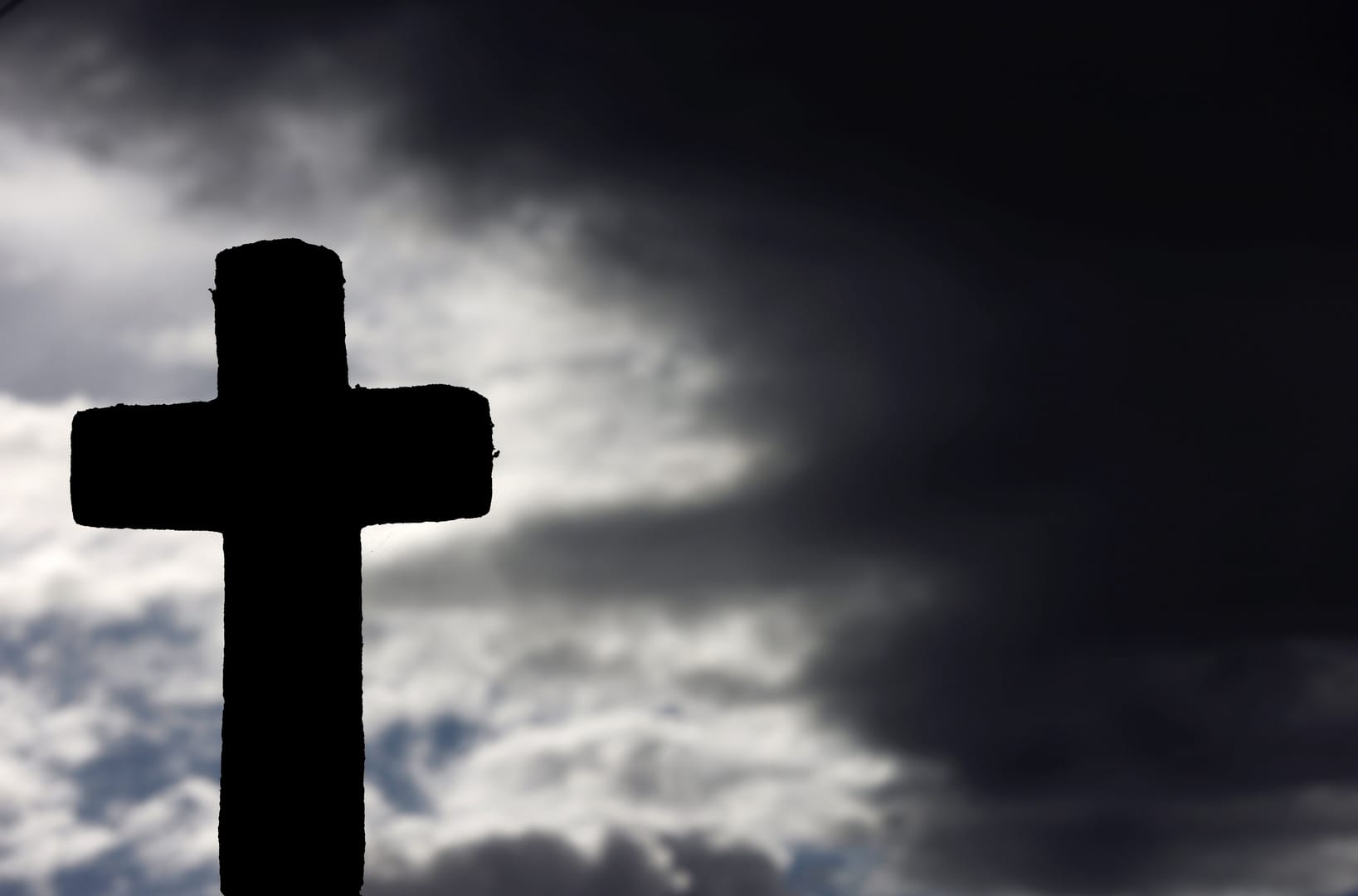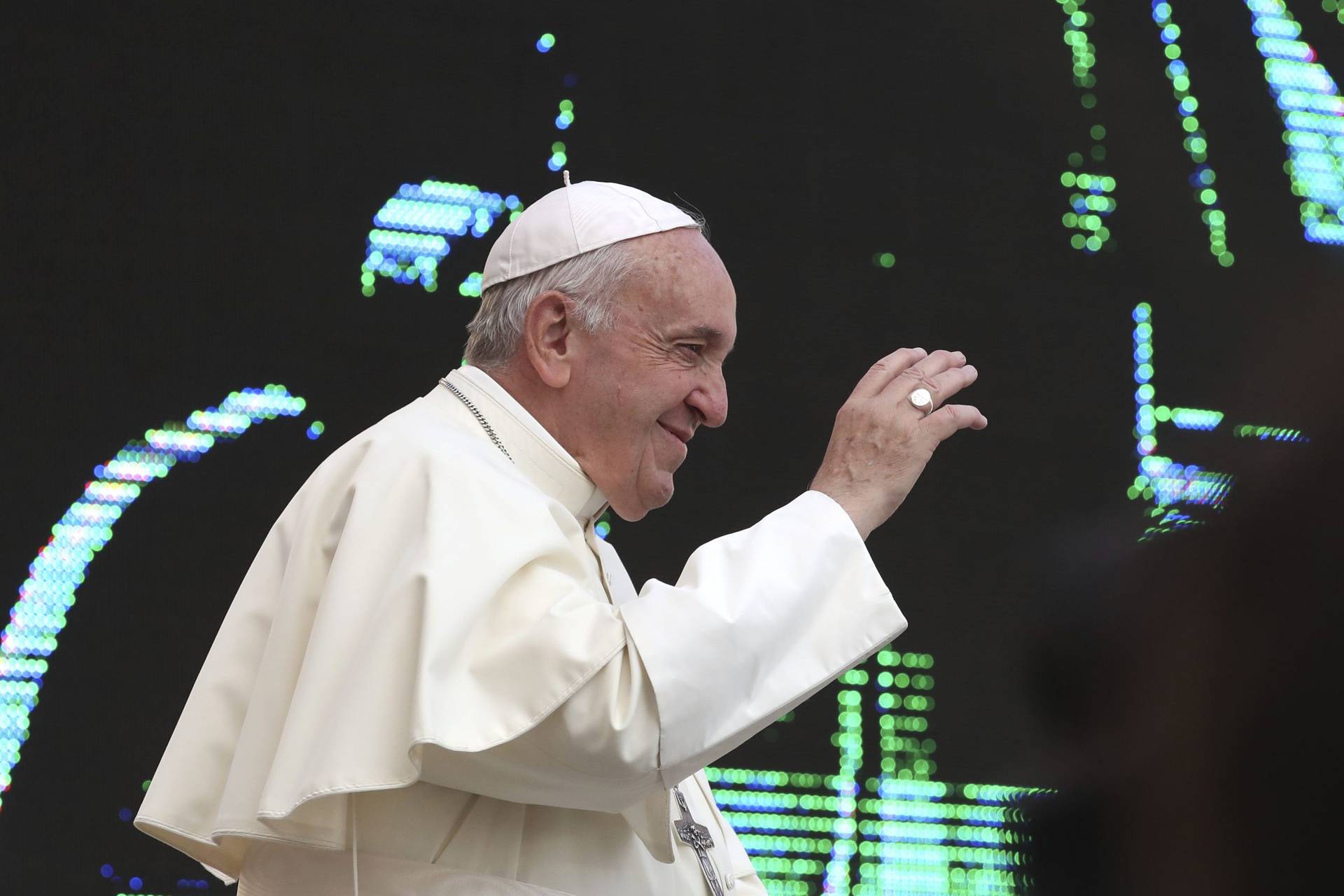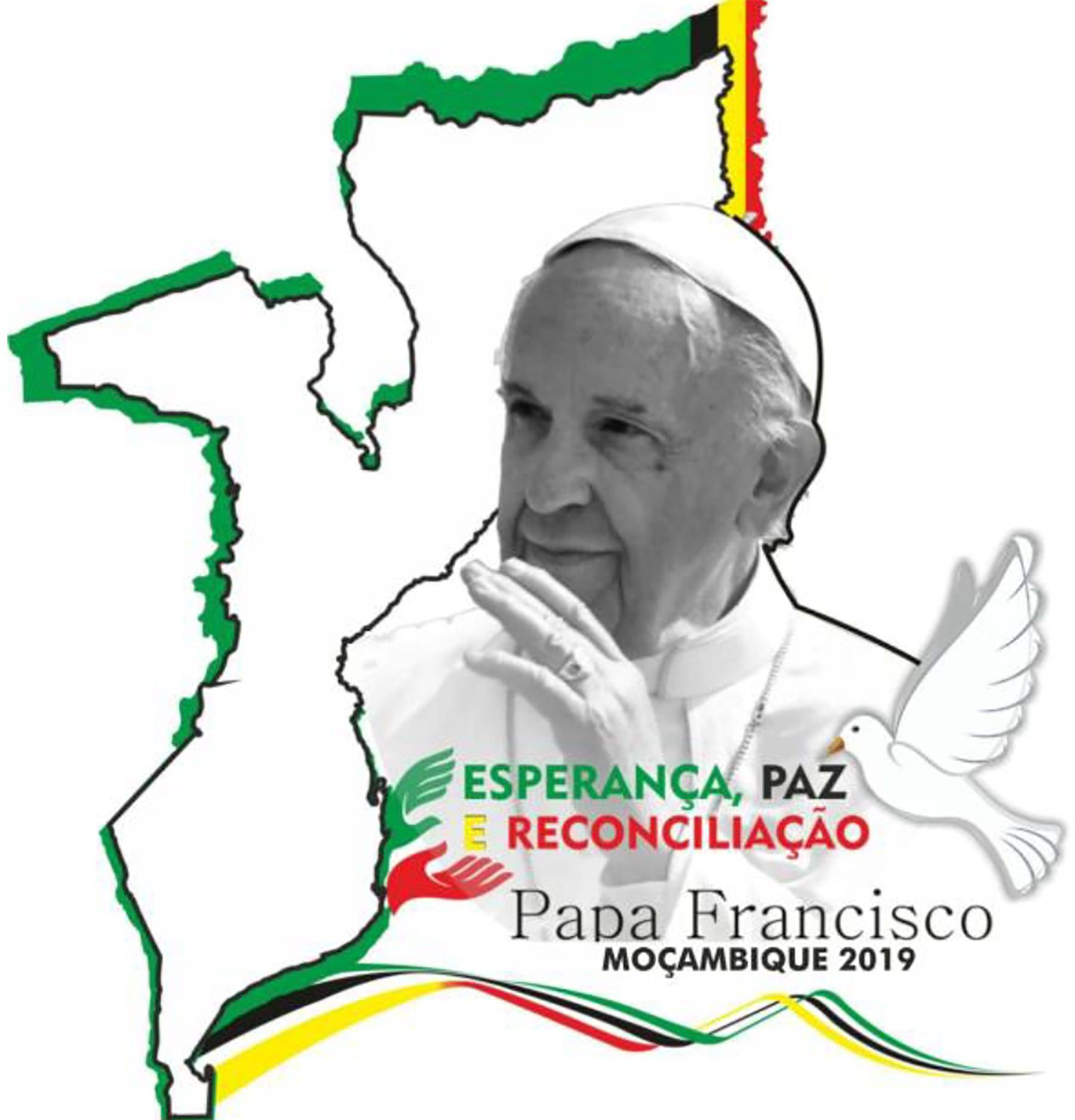WASHINGTON — By one estimate, there have been around 1.8 billion American citizens since the founding of the Republic in 1776. Selecting just four all-time greats is thus fairly audacious, but that didn’t stop Pope Francis from doing so Thursday in his keenly anticipated address to the US Congress.
In the speech Francis lifted up four Americans for special mention. They included two non-Catholics, Abraham Lincoln and Martin Luther King Jr., and two Catholics, Dorothy Day and Thomas Merton. In each case, the pontiff noted that 2015 marks an anniversary — 150 years since Lincoln’s assassination, for instance, and 100 years since Merton’s birth.
Let’s call them the pope’s “Fantastic Four.”
In that spirit, here are four quick takeaways on what it says that these are the four Americans Francis selected. We’ll focus mostly on Day and Merton, since Lincoln and MLK are reasonably natural selections of whom any non-American would likely be aware.
1. Poverty and war
The emphasis on Day and Merton confirms that in the galaxy of issues of concern to this pope – climate change, human trafficking, immigration, and Europe’s refugee crisis, the family, and so on – poverty and war have a pride of place.
Both Day and Merton were complex figures who embraced a wide variety of concerns, but in the American Catholic imagination, each is associated above all with a single defining cause.
For Day, it was the dignity of the poor, expressed most famously in founding the Catholic Worker Movement along with Peter Maurin. For Merton, it was peace, with his letters and diaries chronicling his deep concern with violence, including the Vietnam War and the proliferation of nuclear arms.
In his speech to Congress, Francis identified Day with passion for the poor and Merton with dialogue and peace.
By singling out these Americans, Francis was calling on the United States, and especially its elected leaders, to rediscover their legacies and to act upon them. Beyond all else, that would imply a deeper commitment to defending the poor and promoting peace.
2. Political instincts
The picks show not only that Francis has done his homework on the United States, but they also reflect his savvy political instincts at work.
In the run-up to his visit to the United States, there has been a lot of talk about whether or not Francis is in some sense “anti-American,” or whether his vision is irreconcilable with American values.
Columnist George Will recently concluded a column blasting Francis for his economic and environmental stances with the line, “Americans cannot simultaneously honor him and celebrate their nation’s premises.”
It’s easy to understand where those perceptions come from – the pontiff’s occasionally sharp criticism of the excesses of capitalism, his bromides against “extreme and selective consumerism,” the fact that he’d never set foot in the country before, and his obvious preference for the peripheries of the world over its perceived centers.
This morning, Francis indirectly answered the question of whether he’s anti-American by saying, in essence, “Well, if I am, so are these four American heroes.”
To be honest, Francis’ critique of capitalism and consumerism can seem terribly mild compared to much of Day’s writing on the subject. Merton had the same deep passion for the peripheries as Francis, expressed both in his life and his worldview.
One could make similar points about Lincoln and King, as both shared the same willingness to challenged entrenched American practices and attitudes in the name of their moral convictions.
The decision to single out these figures probably should be taken in tandem with Francis’ repeated emphasis that he comes as a fellow “American,” in the sense of hailing from the one continent called “America,” and has also said he can connect with this country’s experience because he, too, is a son of immigrants.
In general, there are two ways to criticize anything, whether it’s a country, a Church, or anything else. One way to do it is as an outsider, expressing hostility or disdain; the other is as an insider, urging a culture or institution one admires and respects to realize the best version of itself.
Francis seemed this morning to be trying to say that to the extent he has criticism of the United States to offer, it’s of the second sort.
3. Another saint?
This morning’s speech was probably good news for the canonization cause of Dorothy Day.
The late Cardinal John O’Connor of New York opened the cause in 2000, and it received the unanimous endorsement of the US bishops in 2012. Cardinal Timothy Dolan has expressed full support, and recently the Archdiocese of New York hired a “diocesan phase coordinator” to prepare the materials that have to be submitted to Rome.
Currently the Catholic Worker movement is assisting that coordinator in trying to identify eyewitnesses who knew Day, who died in 1980.
While there’s no indication that Francis plans to fast-track the cause, it certainly can’t hurt that he used the first-ever address by a pope to the US Congress to give her a plug.
Perhaps Thomas Merton could be next?
4. Learning about the US
These four selections show a pope who’s trying to learn from the United States, not simply preaching to it.
Throughout this trip, Francis has tried to exhibit a familiarity with American culture and thought patterns. Even the geographic references in his speech to the US bishops on Wednesday – “From your great coastal cities to the plains of the Midwest, from the deep South to the far reaches of the West” – resonated with the way Americans themselves think about the layout of the land.
Similarly, his citation of Edgar Lee Masters in the same speech was a way of reaching out. Granted, someone probably flagged the quote for him, but the fact that he kept it in the speech says something.
Francis could have directed the gaze of Congress to great figures from his own cultural experience, such as Simòn Bolivar or, or any number of popes. Instead he chose Americans, which was a way of saying that he realizes he doesn’t just have something to teach the United States – he, and the rest of the world, can learn from it as well.
Whether members of Congress appreciated all this as the pope was speaking is anyone’s guess. As the experience sinks in, however, it should become steadily clearer that Thursday’s Fantastic Four actually says a lot about this fellow “American” pontiff.
















